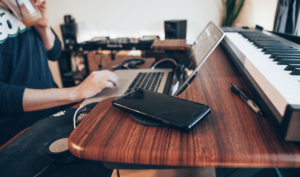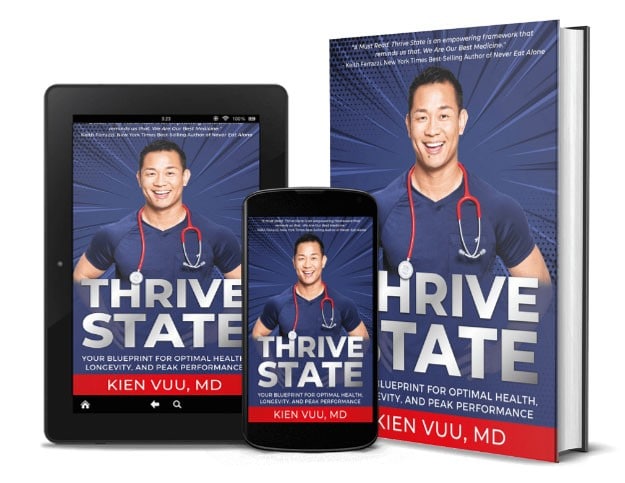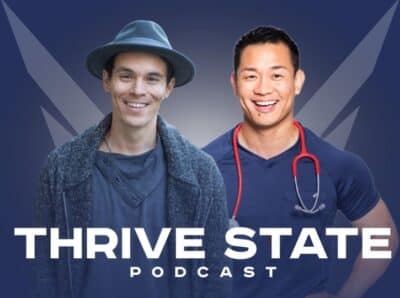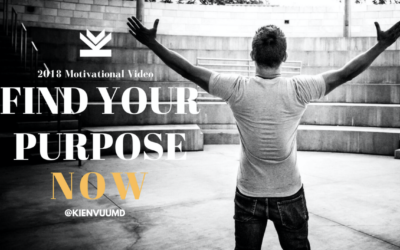It’s no secret that being “plugged in” 24/7 impacts our health and wellness. Some of the impact is good: constant access to cat videos, Spotify’s Disney station, and Postmates.
But some of it is really, really bad: WebMD (please just don’t), internet trolls, and never really leaving work.
 And we’ve gotten so used to being plugged in ALL OF THE TIME that we rarely (if ever) stop and think about how our habits are impacting our health and wellness.
And we’ve gotten so used to being plugged in ALL OF THE TIME that we rarely (if ever) stop and think about how our habits are impacting our health and wellness.
That’s why I’m bringing you this reality check… even if you weren’t looking for it. I promise you’ll thank me later.
To start: have you heard about blue light?
Well… chilling on your device at night might seem fun and relaxing, but your cell phone, laptop, and tablet emit something called blue light and it suppresses melatonin production. (Melatonin is a hormone produced by your pineal gland and it helps you fall asleep.) Exposure to blue light disrupts melatonin production, throws off your circadian rhythms, and makes it difficult for you to fall asleep easily.

And don’t get me started on social media addiction and FOMO.
Addiction to social media ‘likes’ and comparing yourself to others lowers your self esteem because your focus is on external validation instead of on your own inner confidence. It’s dangerous to rely on others to set the tone for how you feel about yourself. Finding ways to develop self-confidence based on internal validation and acceptance will make you happier and healthier than 20,000 “likes” on an Instagram post ever could.
Have you considered how headlines are messing with your head?
When you sit down to relax during a break at work or after dinner and you’re scrolling headlines in your social feed or on your favorite news site… there are a LOT of upsetting headlines and images. Sensation sells. But these headlines and images trigger an emotional response, charging your body with stress hormones. It’s good to be informed… but it’s not always good for your health.
Or the deadly cases of cyberbullying?
FOMO and cyberbullying can lead to depression and in some tragic cases… suicides. The New York Post published an interesting article about the connection between a recent rise in teen suicides and social media popularity. When you’re plugged in 24/7 there’s no way to get away from anything… depressing news, social media updates that make you feel like you’re a loser, and even relentless bullies.
Let’s not forget how dangerous being plugged-in while driving really is.
Using devices is distracting. It’s why texting while driving is banned in 47 states, D.C., Puerto Rico, Guam and the U.S. Virgin Islands. Being on your device takes brain processing power from other tasks (like watching the road and driving). Your brain can’t focus optimally when your focus is divided which is why you have to promise me now that you will NOT use your phone and drive anymore. Deal?
I hope that after reading this rant, you don’t think that I’m anti-technology. Quite the opposite. I’m online way too much, too. But we have to understand what our “plugged-in” lifestyle choices mean for our health and wellness.
Smartphones and computers allow us to access useful, helpful, incredible information any time of the day or night. But being online constantly does affect us. Sometimes, in very negative ways.
You have a choice right now. You can choose to be happy and healthy.
But sometimes, that means choosing to unplug.
Maybe you buy an alarm clock and stop sleeping with your phone in your bedroom. Maybe you start to monitor your kid’s Snapchat account. Maybe you remove the Facebook app from your phone.
Whatever you do to help unplug, big or small, will make an impact on your health.
To your health and happiness,
Dr. Kien
PS — Did anything in this post surprise you? If so, what and why? If not, what do you think I missed? Leave me a comment or sent me an email – I’ll read every one.





